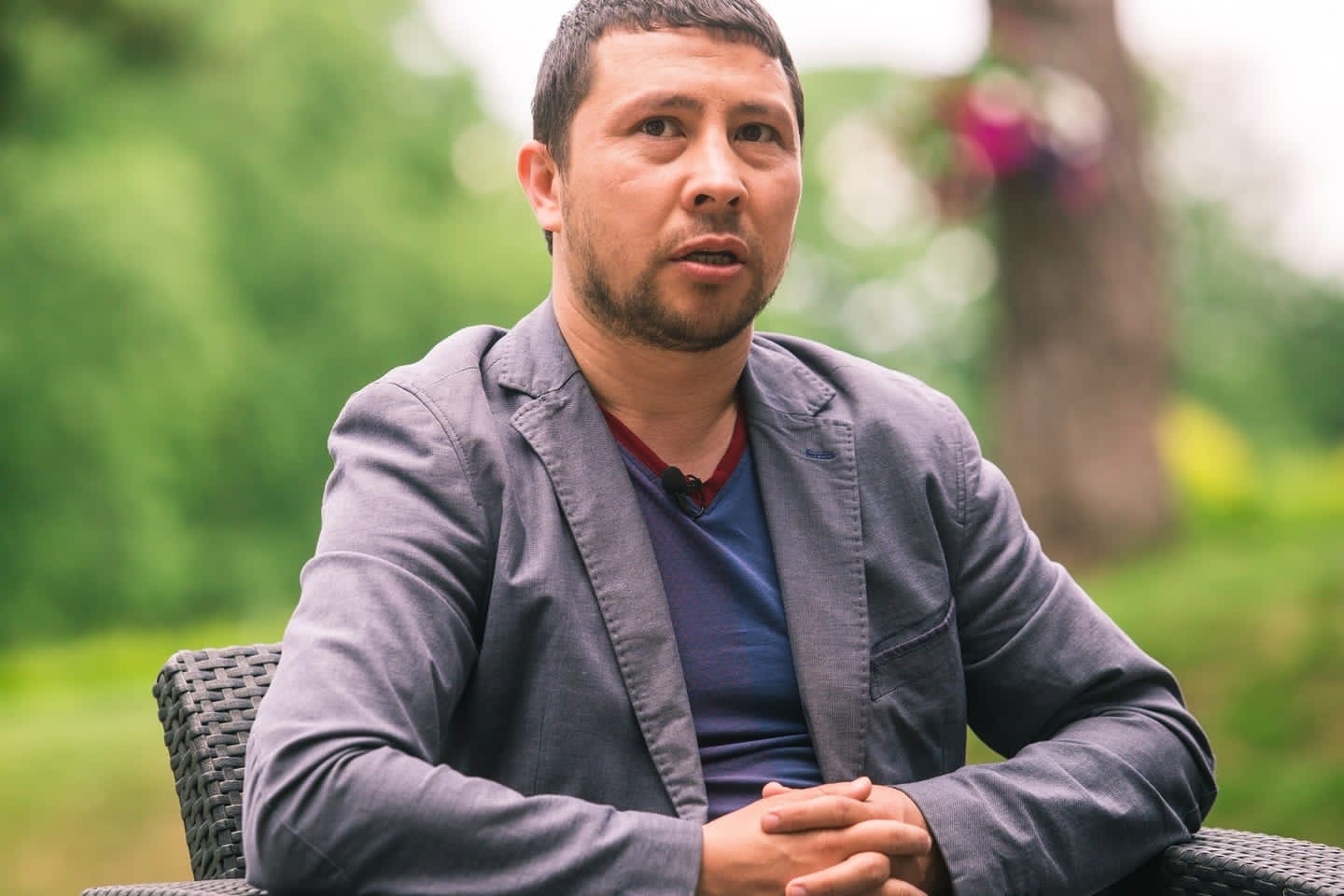The power cut offs come after authorities had launched a major detention campaign against Tajikistan-based relatives of exiled Tajik opposition activists earlier this fall, after some exiled Tajiks organized protests in Europe. The pressure on family members inside Tajikistan follows a pattern in which Tajik authorities routinely lash out against relatives of exiled activists in retaliation for criticism voiced abroad, the Norwegian Helsinki Committee said in a statement today.
Tajik democracy activists told the Norwegian Helsinki Committee that on October 11, the power was cut off to the home of the mother of Sharofiddin Gadoev, a peaceful Tajik opposition activist in exile. When she enquired with the employees at the state power company in the Farkhor District of Tajikistan where she lives, Gadoev’s mother was told that the order to cut off her electricity came “from above”. Gadoev also told the Norwegian Helsinki Committee that on October 20, officers from the security service, colloquially known by its Russian-language acronym GKNB, harassed his family in Tajikistan. According to Gadoev, the officers came to the family home of his brother and intimated the family, letting them know that they follow the online activities of their sons who are migrant workers in the Russian Federation.
On October 12, state power employees came to the house of Oyshia Mirzoyeva in the Vose’ District of Tajikistan and subsequently cut off her access to the power grid. Mirzoyeva is the stepmother of Europe-based Tajik activist Suhrob Zafar. She was also told that the order to cut her off came “above”.
The next day, on October 13, power company employees and law-enforcement officers arrived at the house of Farkhod Odinaev’s mother in the village of Turdibobo in western Tajikistan. Without access to fresh water and electricity, Odinaev’s mother left Tajikistan for the Russian Federation some days after the power cut off.
In the Asht District of Tajikistan, authorities cut off the power supply to the separate family homes of three uncles of Europe-based activist Ilhomjon Yakubov. All three uncles had been detained earlier this fall, and only released after recording videos publicly denouncing Yakubov. Speaking to the Norwegian Helsinki Committee, Tajik activists said they believe a large number of Tajik families have been affected by targeted power cut offs, but that most chose not to speak out due to fear of further retaliation from Tajik authorities.
As of October 25, two weeks have passed since authorities started disconnecting activists’ families from the power grid – the families are still living without electricity, rendering their electricity-reliant food stoves unusable and forcing them to turn to firewood for cooking and heating. As a result of the power cut off, some families don’t have access to water as their water pumps run on electricity.
“When Tajik authorities dole out extra-judicial punishment to family members of exiled critics, they are not only practicing guilt by association and violating all rule-of-law principles – but they also pose a threat to fundamental freedoms inside the European Union”, said Berit Lindeman, Secretary-General of the Norwegian Helsinki Committee. “I call on Dushanbe to immediately cease all pressure on family members and other third parties, and on Tajikistan’s democratic partners to hold Tajik authorities to account.”
The power cut offs in October came after authorities initially detained dozens of family members and relatives of abroad-based Tajik activists in late September and early October. Tajik opposition members and other activists organized protests in Germany earlier this fall when Germany hosted the Germany-Central Asian Summit in Berlin on September 28-29. Among the participating Central Asian leaders at the summit, was Tajik president Emomali Rahmon. During the visit, some activists hurled eggs at Rahmon’s motorcade as it drove through Berlin.
Tajik activists told the Norwegian Helsinki Committee that authorities began detaining family members inside Tajikistan in the immediate days following the protests in Germany. In the days and weeks after the protests, around 50 family members and relatives were detained, according to Tajik activists. Some of the detained were released after hours while most were held for at least several days. Some of the detained were forced to publicly disown their exiled family members on video before being released. The oldest among the detainees was an 81-year-old man, while the youngest was merely one-and-a-half years old.
